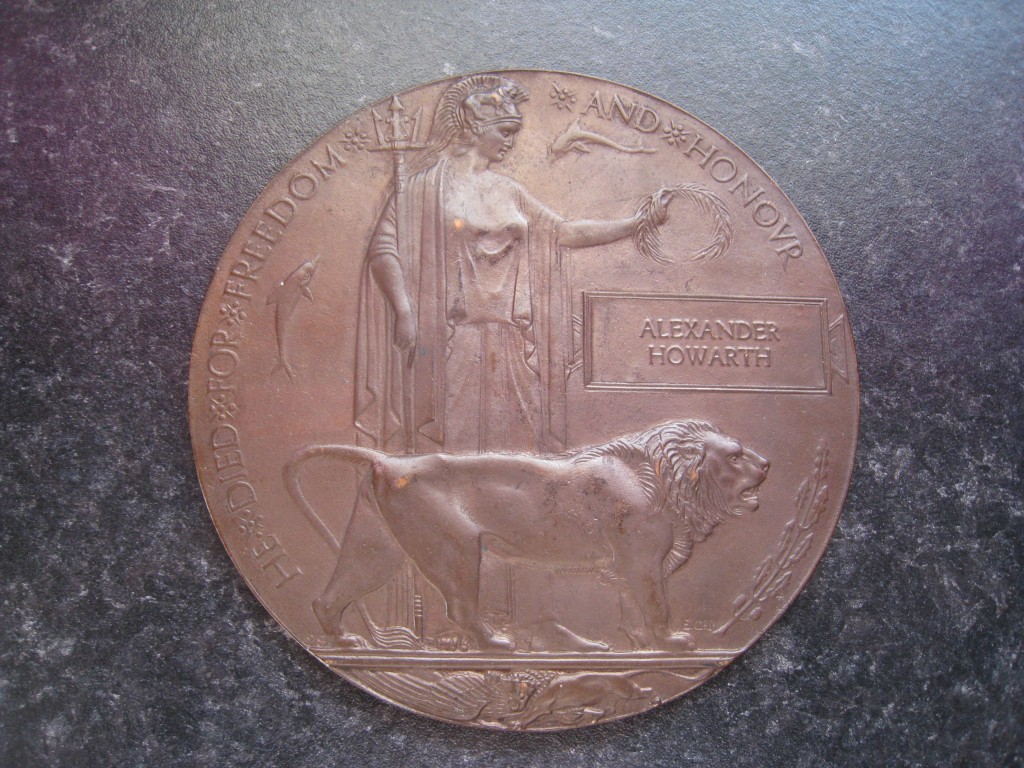Sergeant, No. 12, Y Company, 9th Lancashire Fusiliers.
Lived on Burnley Road Clowbridge.
Killed in Action on the 16th August 1917.
Commemorated on the Tyne Cot Memorial Belgium.
 Popular Clowbridge Sergeant Reported Killed. The following letter has been received by Mrs. T. Howarth Burnley Road Clowbridge.
Popular Clowbridge Sergeant Reported Killed. The following letter has been received by Mrs. T. Howarth Burnley Road Clowbridge.
Dear Mrs Howarth,
I am very sorry to inform you that your son, Sergeant A. Howarth, was killed in action on the 16th of this month, he was killed instantaneously by a bullet wound to the head. I unfortunately was not there at the time, but the men say that he was splendid. As you know, he has been in Y Company for over a year and a half, and was made Sergeant after September 26th, when the Battalion was on the Somme. He was a fine Sergeant, and commanded a platoon himself. The men thought the world of him; he was always cheery and always willing to do anything for anybody. Sympathising with you in your great loss.
Yours truly, Captain A. Parker
Officer Commanding Y Company, 9th Lancashire Fusiliers.
Sergeant Alexander Howarth was 31 years of age, and was a time expired man having served thirteen years in the army, seven of which he spent in India, and one in Egypt, previous to the outbreak of war. He was on Furlough for a month last Christmas, but had then offered his services to his country until he had a record of 21 years service. Though he had seen much fighting, he had been fortunate, sustaining no serious injury, but was badly gassed in April 1916.
Son of Thomas and Betsy, Alexander was killed in action on the 16th of August 1917, his service number being 12. He has no known grave but is commemorated at Tyne Cot Military Cemetery Belgium on the Lancashire Fusiliers panels 54 to 60.
On the 1911 Census he is listed as being in Multan, India, with the 1st Battalion Lancashire Fusiliers, then aged 25years, and his rank being that of Drummer
The item above is commonly known as the “Death Penny” or Memorial Plaque, bearing Alexanders name, and awarded with the deceased recipients medal allocation as was the case with most WW1 casualties who were killed in action or, died from their war service.
Above picture shows part of the panel sections in Tyne Cot Cemetery, where Alexander is commemorated.

